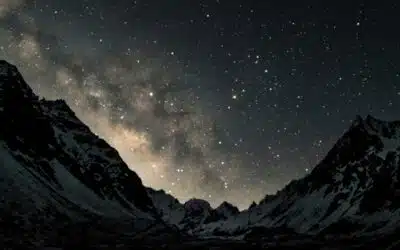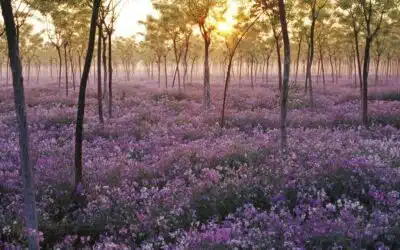What is Dzogchen?

Written By Mila Khyentse
Blog | Culture and tradition
What is Dzogchen?
The Tibetan words “Dzogpa Chenpo,” of which Dzogchen is the contraction, mean “Great Perfection”, Mahāsaṅdhi in Sanskrit.
Great Perfection of what? Of everything.
There are still two great Dzogchen traditions originating in the Tibetan world today: the older one is said to be the “yungdrung bön”, which is said to have been founded by Tönpa Shenrab Miwoche several thousand years ago, and the second the tradition of the Nyingmapa world.
The second Dzogchen tradition, from its human founder Garab Dorje who would have been born one hundred and sixty-six years after the Buddha’s parinirvana (6th or 5th century B.C.), insists on the fact that all the reality of our existence comes from our mind, that our mind is primordially perfect and that we only have to recognize it to free ourselves from the illusory chains of suffering, impermanence and death.
The spiritual path of the Dzogchen is eminently crucial for the present times: it is a path based on immediate experience and its application in our daily lives, day and night.
What is called “mind” in Dzogchen is neither a thought, nor an emotion, nor a sensation, nor one of the five perceptions, nor all of these at the same time, nor any of these. It is our limited and transient experience of the world and of reality and therefore cannot be called “great perfection”. It is, in a sense, the dream in which we are caught, and even if we firmly believe in its reality, it cannot last because it is the very nature of the dream not to be permanent and to stop.
No, for the Dzogchen traditions, the great perfection is at the same time beyond all this and is its fundamental nature, non-transitory, totally vast, luminous and incredible.
This is what is called “pure and perfect mind”, our true natural state: the fundamental empty essence of “all this”, its inherently luminous nature and its pure and perfect radiance in ALL phenomena of (our) reality.
The Dzogchen traditions insist that the illusory nature and the nature of great perfection, or ultimate nature, are not two.
The Dzogchen Path
We will therefore “use” the illusory nature, our everyday life, the night, and all its experiences, to recognize this illusion, detach ourselves from it, and naturally attain the Great Perfection: our true nature, empty, luminous and radiant, transcending even the reality of death, the traditional texts tell us.
This is the path to be walked, the training to be developed, in the Dzogchen.
The spiritual path of the Dzogchen is eminently crucial for the present times: it is a path based on immediate experience and its application in our daily lives, day and night. The key word of this training: the integration of the Great Perfection in all the imperfections, the small as well as the great sufferings or all the happy experiences of our existence, to transcend the limits of good and evil, of the pleasant and the unpleasant, of the finite or the infinite…
In short, it’s quite an odyssey!
More Posts
The Fourth Time
In the article ” The Fourth Time ” , Johanne talks about the three times… and the fourth one, beyond time.
A Dream Life
In « A Dream Life », Grégoire wonders what the “right conditions” would be for practicing a spiritual path.
Speed-Dharma
In “Speed-Dharma,” Denis point out that, despite the impression of acceleration and “ time famine,” patience remains an essential virtue on the path.



